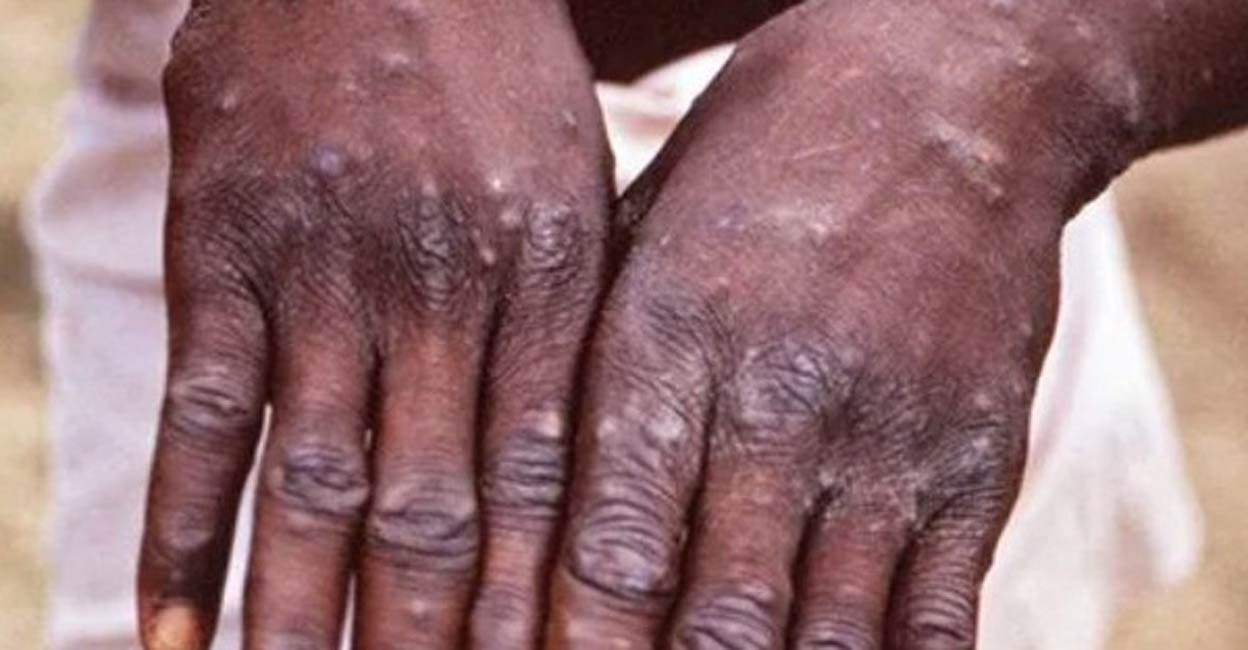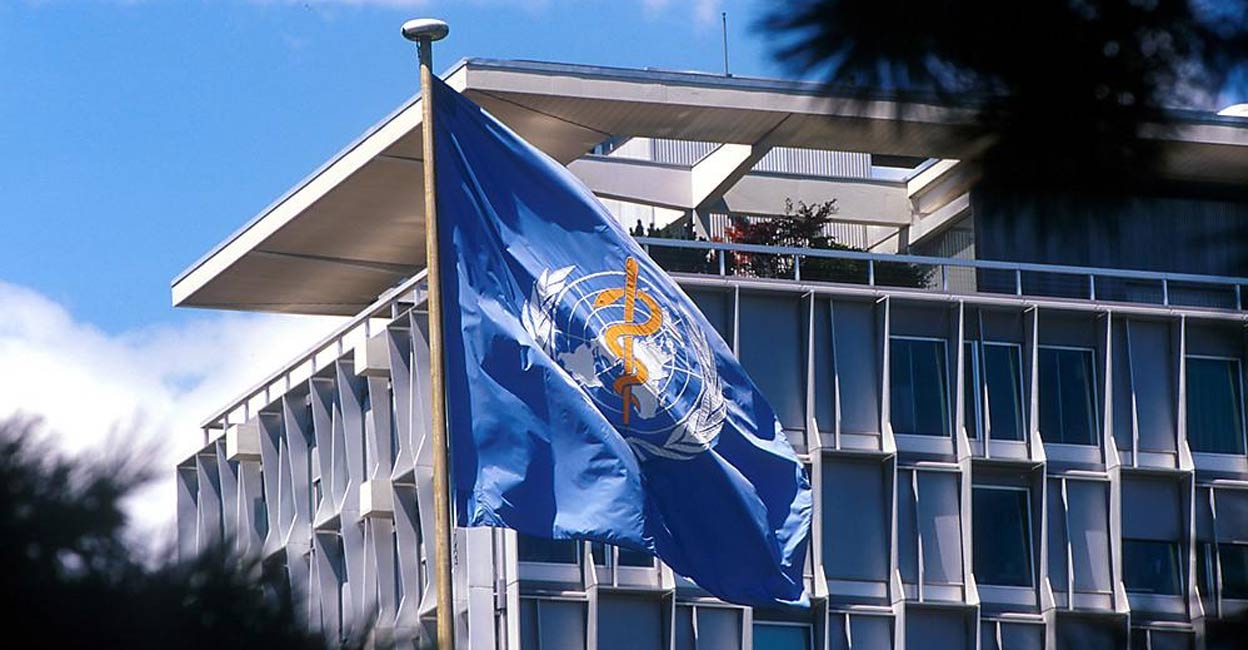Suspected monkeypox case detected in Kerala, samples sent for testing

Mail This Article
Thiruvananthapuram: A man suspected to have contracted monkeypox, a viral zoonotic disease, is under close observation in the State, Health Minister Veena George said on Thursday.
The minister said his samples have been collected and sent to the National Institute of Virology for testing.
She said the disease could be confirmed only after getting the test results.
Without revealing more details, George said the person showed symptoms of monkeypox and he was in close contact with a monkeypox patient abroad.
The man under observation had returned to Kerala from the UAE, where monkeypox has been confirmed. The Minister also clarified that the person has not come into contact with many others.
What is monkeypox?
According to the World Health Organisation (WHO), monkeypox is a viral zoonosis (a virus transmitted to humans from animals) with symptoms similar to those seen in the past in smallpox patients, although it is clinically less severe.
It spreads from monkeys to humans, usually does not spread rampantly among humans. However, experts warn that it may spread through very close contact like sexual contact.
As of now, the vaccine used to fight smallpox is being used against monkeypox also. It is said to have an efficacy rate of 85 per cent.
Monkeypox was discovered first in Congo in 1960. Doctors opine that those who may have come into passive contact with a monkeypox patient need not worry about contracting the disease.
With the eradication of smallpox in 1980 and subsequent cessation of smallpox vaccination, monkeypox has emerged as the most important orthopoxvirus for public health.

WHO warns of increasing cases
WHO recently revealed that there is a significant increase in the reported number of monkeypox cases, the disease that has been spreading to other countries from Africa. Within a week, the number of monkeypox cases has increased by 77 per cent. As per the report released on July 8, as many as 6,027 monkeypox cases have been reported, spread across 59 countries. In the wake of this rise, the WHO is to call a meeting to discuss the interventions needed regarding monkeypox. The meeting would also discuss whether a health emergency needs to be declared, like in the case of COVID.
Meanwhile, the WHO is being criticised for taking it seriously only when the disease spread to Europe, although monkeypox has been creating havoc in African countries for years together. WHO is accused of ‘no action’ even when 10 per cent of the people who had contracted monkeypox died of it in Nigeria, in 2017.
As the viral zoonotic disease is being reported in many countries, the Health Ministry released a detailed guideline earlier this month, to closely monitor international travellers.

When and where to test?
Monkeypox can be tested in any laboratory where Polymerase Chain Reaction (PCR) testing is possible. The confirmation is done through PCR testing of the suspect’s samples of blood, urine, and fluid oozing from skin lesions and through genome sequencing. All samples which turn out to be positive must be sent to NIV Pune for testing.
The symptoms of the disease include fever, headache and boils on the body similar to that of chickenpox.
The symptoms of the disease may surface only after an incubation period of 6 to 13 days after a person contracts the virus. It may also extend from 5 to 21 days in some cases. The disease remains for 2 to 4 weeks. It may spread from one person to another from 2 days before the marks or boils surface on the body of the infected person until these marks are gone completely.
How severe
Monkeypox zoonotic disease manifests severely in children and in those with other serious comorbidities. The death rate may go up to 11 per cent.
While under isolation, the difficulty in breathing and blurring of vision are to be observed with caution. A significant dip in urine output, sluggishness and loss of appetite, are also to be carefully monitored.

